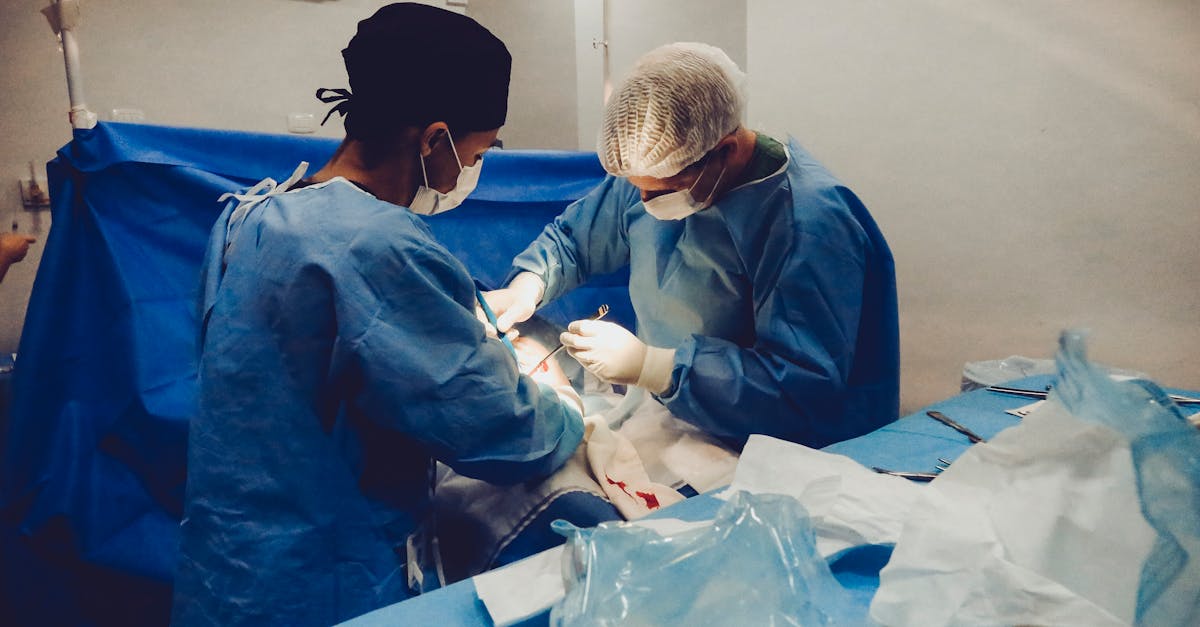Published on:
7 min read
Understanding Gastric Sleeve Surgery: A Comprehensive Guide
Gastric sleeve surgery is a popular weight-loss procedure that helps individuals achieve their health goals. This blog post delves into the benefits, risks, and recovery process associated with gastric sleeve surgery, empowering readers to make informed decisions about their health.

What is Gastric Sleeve Surgery?
Gastric sleeve surgery, or sleeve gastrectomy, is a minimally invasive weight-loss surgery that involves removing a portion of the stomach, creating a sleeve-like structure. This procedure restricts food intake and significantly reduces the stomach's capacity, typically to about 15% of its original size. By making the stomach smaller, individuals feel full after consuming smaller portions, leading to a natural reduction in calorie intake and subsequent weight loss. Beyond just physical changes, gastric sleeve surgery often leads to improvements in obesity-related conditions, such as diabetes and hypertension, contributing to an overall enhancement in quality of life.
Benefits and Risks of the Procedure
One of the most significant benefits of gastric sleeve surgery is the potential for substantial weight loss, which can lead to various health improvements, including better blood sugar control and reduced joint pain. Additionally, patients often experience increased energy and enhanced mobility. However, like any surgical procedure, gastric sleeve surgery comes with risks, including complications such as infections, gastrointestinal leaks, and blood clots. It's crucial for prospective patients to discuss their individual risks and benefits with a qualified healthcare professional, ensuring that they are making an informed choice that aligns with their overall health goals.
Recovery and Lifestyle Changes Post-Surgery
The recovery period following gastric sleeve surgery typically involves a hospital stay of 1-2 days, after which patients are advised to follow a clear liquid diet for several days before gradually reintroducing solid foods. Adopting a diet that emphasizes high protein intake while avoiding sugars and processed foods is vital for long-term success. Moreover, regular physical activity must be integrated into one's daily routine as a sustainable approach to weight management. Support groups and counseling may also play a pivotal role in helping individuals navigate the emotional and psychological challenges that can arise after surgery, ensuring a holistic approach to recovery.
Conclusion
Gastric sleeve surgery can be a transformative option for those struggling with obesity and related health issues. As with any medical procedure, it is essential to weigh the benefits against the risks and commit to necessary lifestyle changes post-surgery. With the right support, education, and determination, individuals can achieve lasting weight loss and significantly improve their overall health.
Published on .
Share now!










